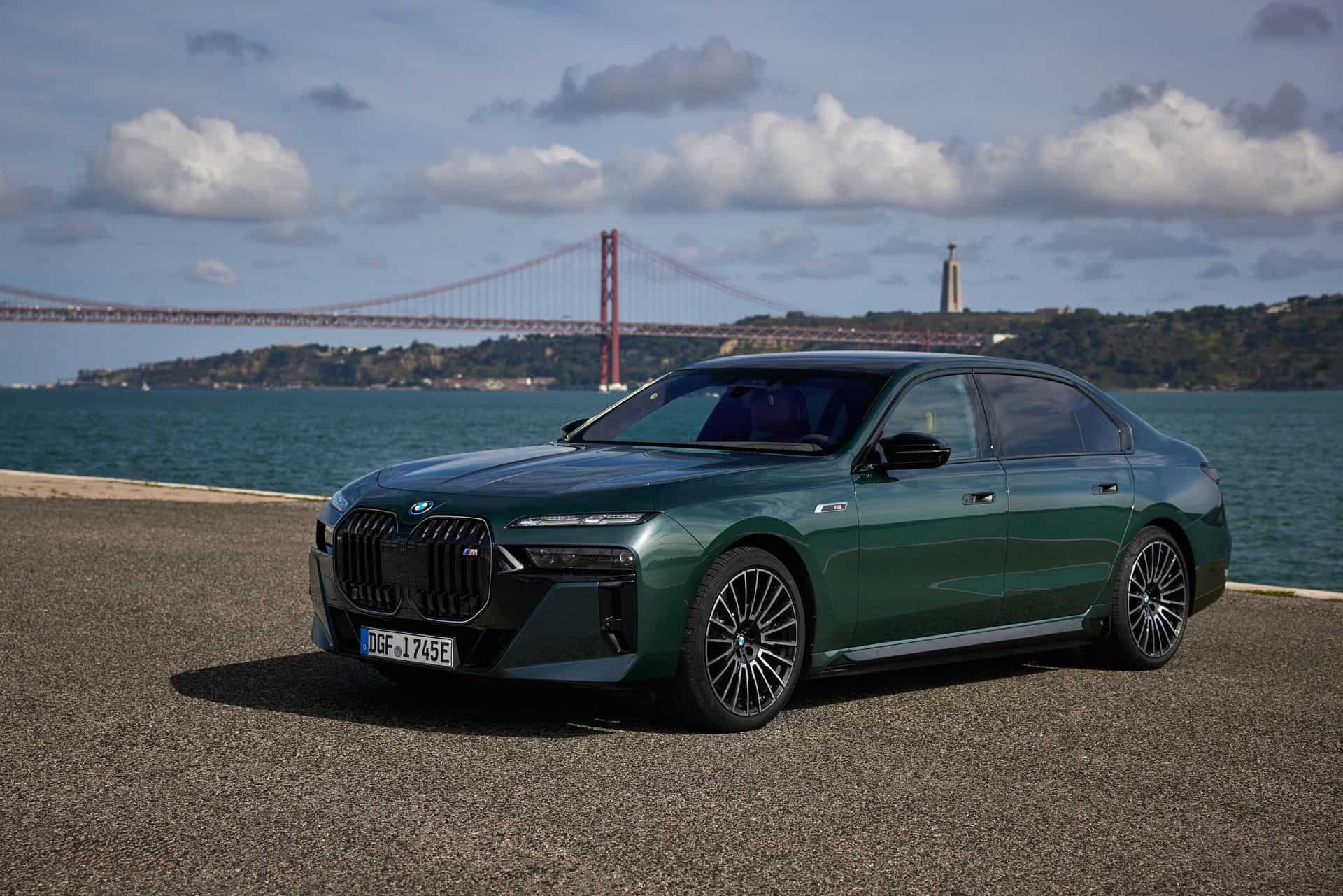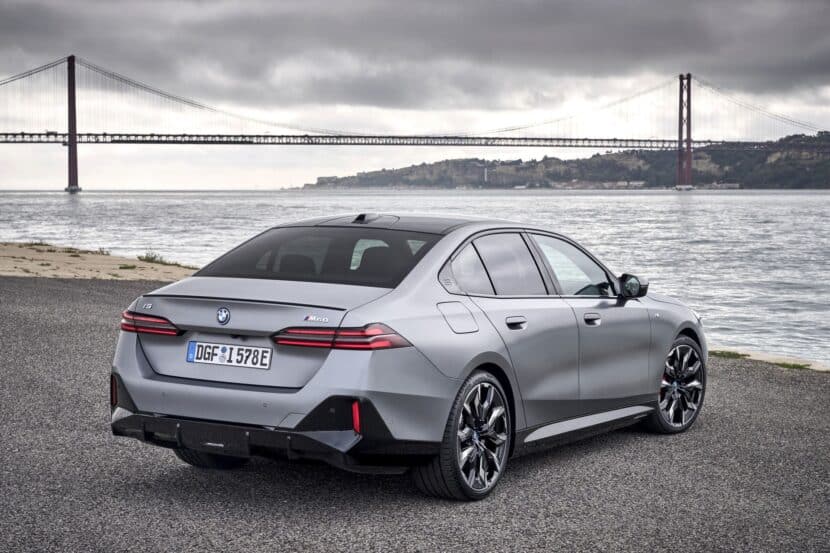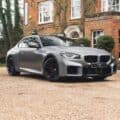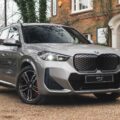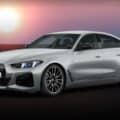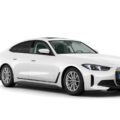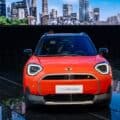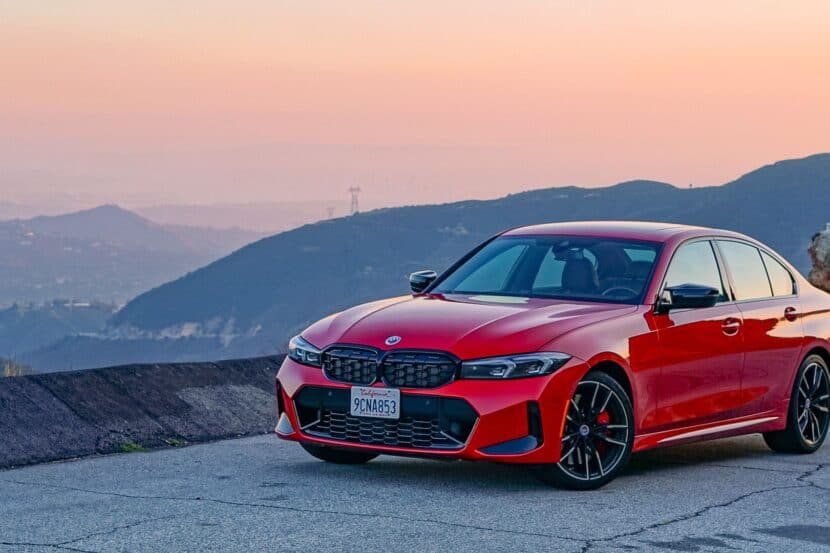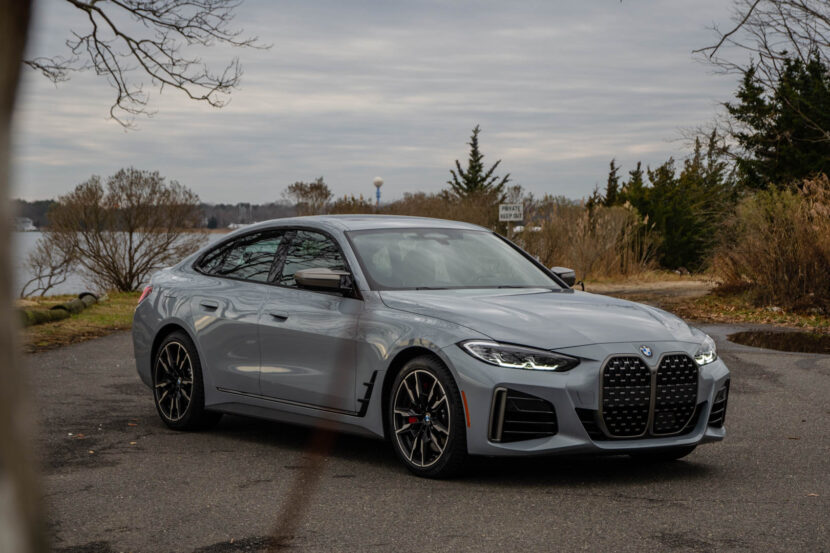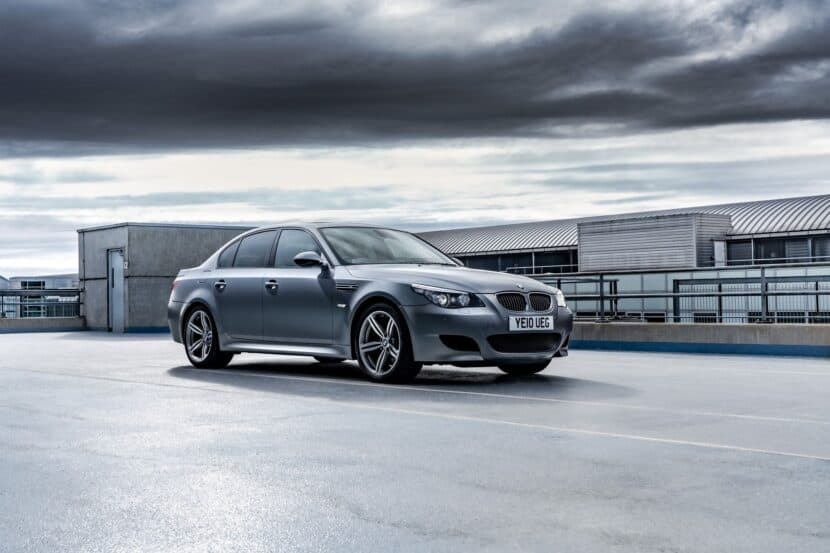Through the first nine months of the year, the BMW core brand delivered a total of 1,621,267 cars, representing a significant jump of 5.7% compared to January-September 2022. With demand increasing, the company’s recently reelected head honcho sees no reason to cut prices that should theoretically increase sales. In an interview with Reuters, BMW CEO Oliver Zipse declared:
“We have no interest in sinking prices to gain market share. That’s not our strategy. And as you can see, we are managing to grow substantially even with very acceptable prices.”
MINI also performed better through September than it did in the first nine months of 2022, with deliveries to customers rising by 0.7% to 210,74 units. At Rolls-Royce, shipments saw a 3.1% decline to 4,555 vehicles, but that’s to be expected considering the Wraith and Dawn have been discontinued while Spectre deliveries are starting.
As a whole, the BMW Group enjoyed a boost in sales of 5.1% to 1,836,563 from January until September 2023. During the same interval, production volume rose by 11.7% to 1,979,456 cars. In Q3 2023, so the July-September period, purely electric vehicles accounted for 15.1% of total deliveries as shipments of zero-emission vehicles reached 93,931 units, up by 79.6% compared to Q3 2022.
Speaking of cars without internal combustion engines, Oliver Zipse reiterated in the BMW Group’s Quarterly Statement that EVs will account for more than 50% of total annual deliveries “well before 2030.” The growth is expected to be fueled by the arrival of the Neue Klasse, a new dedicated electric car platform that will underpin at least six models programmed to arrive from 2025 until 2028. Leading the way will be a second-generation iX3 SUV from the Debrecen Plant in Hungary, with an i3 sedan expected to enter production in 2026. An i3 Touring and iX4 are likely not far behind, while full-fat M electric cars are also in the pipeline.
MINI is also intensifying its EV efforts with a new generation of the electric 3-Door hatchback and the first-ever Countryman without an ICE. Come 2024, the smaller Aceman crossover will become the brand’s first model to be sold strictly as an electric vehicle. MINI will become a purely electric brand by around 2030, along with the other British brand part of the BMW Group, Rolls-Royce.
Source: Reuters


